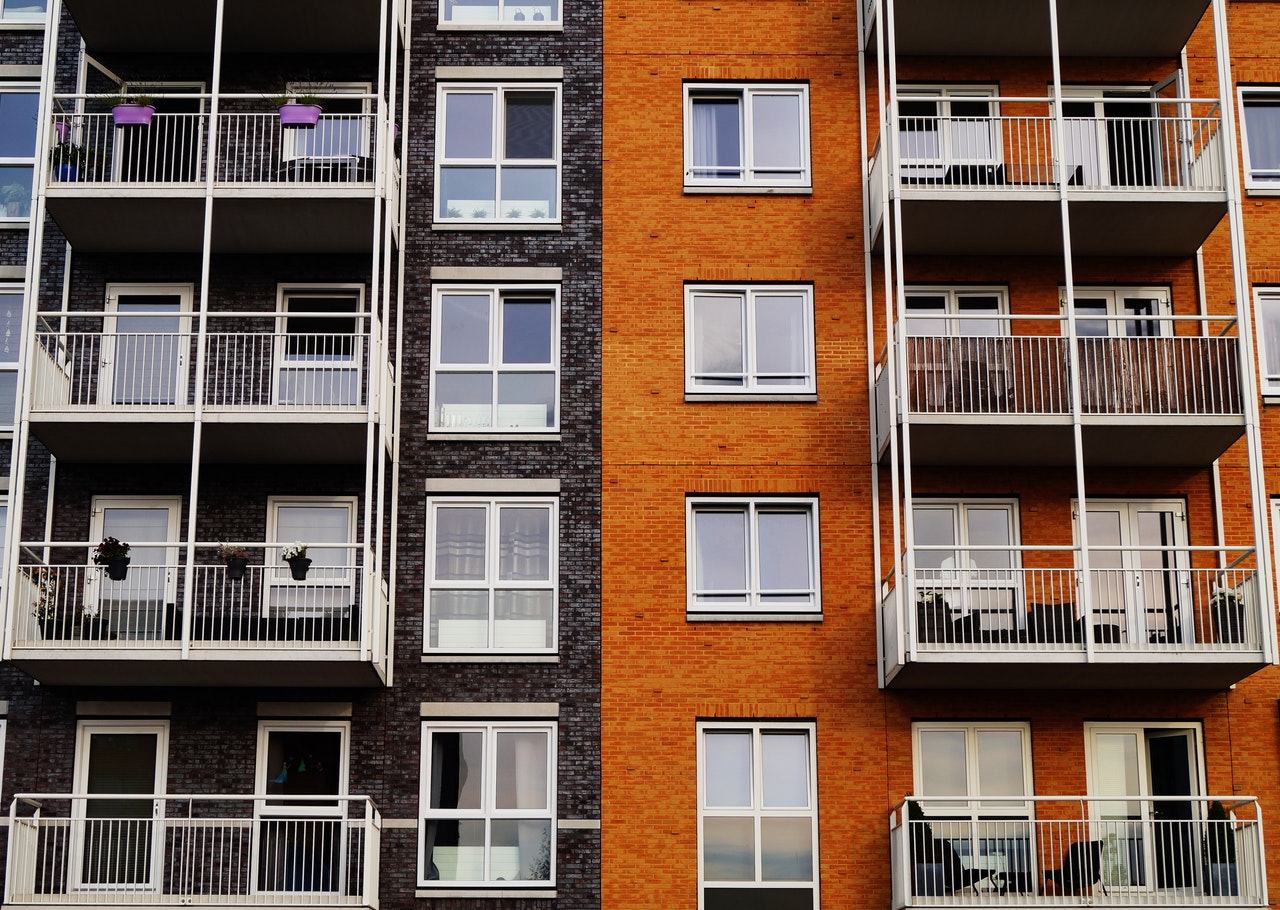Renters will be able to receive their security and pet deposits back in a fair and timely manner, thanks to changes made by the provincial government.
The province, as part of its Rental Housing Task Force, has introduced a quicker process to let renters get their security and pet deposits back without the hassle of applying for a dispute resolution hearing.
Under the old process, renters had to apply for a dispute resolution hearing if their landlord did not return their deposits within 15 days of the end of the rental agreement. This hearing with the Residential Tenancy Branch (RTB) meant that renters had to wait to have their money returned to them.
Now, renters with successful applications will receive an order for the return of the deposit they can then serve to their landlord or enforce through the small claims court.
Andrew Sakamoto, Executive Director for the Tenant Resource and Advisory Centre says the changes are being put in place to make the rental market fair for both renters and landlords.
“We regularly hear from tenants whose landlords refuse to return deposits without justification, knowing that the time and hassle of the standard dispute-resolution process will lead many to simply give up. TRAC hopes this change will both enable tenants to better stand up for their rights and discourage unscrupulous landlords from illegally retaining deposits.”
This new process is the next step in the province’s Rental Housing Task Force recommendations to make B.C.’s rental housing system fairer, more affordable and more secure.
The new process is among the many changes that the government has made to improve renting in B.C., including:
- changing the laws to provide stronger protection for renters facing eviction as a result of renovations or demolitions by increasing compensation for bad-faith evictions, strengthening requirements for eviction notifications, allowing more time to find alternative housing and giving renters the right of refusal to return to a unit following renovations;
- updating tenancy laws to close what is known as the fixed-term lease loophole, eliminating the geographic rent increase clause and better protecting people living in manufactured home parks;
- investing $6.8 million in new funding for the RTB to reduce wait times for tenancy disputes, hire new staff to reduce wait times and address backlog and create a new compliance unit to take action against serious offenders;
- cutting the annual allowable rent increase by 2%, limiting it to inflation, to help ease pressure on renters; and
- improving the Rental Assistance Program and Shelter Aid for Elderly Renters to give families and seniors on fixed income a break from rising costs.




